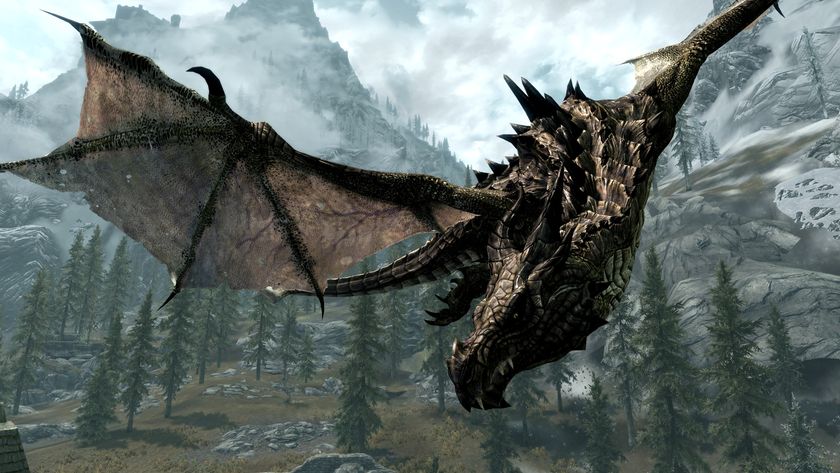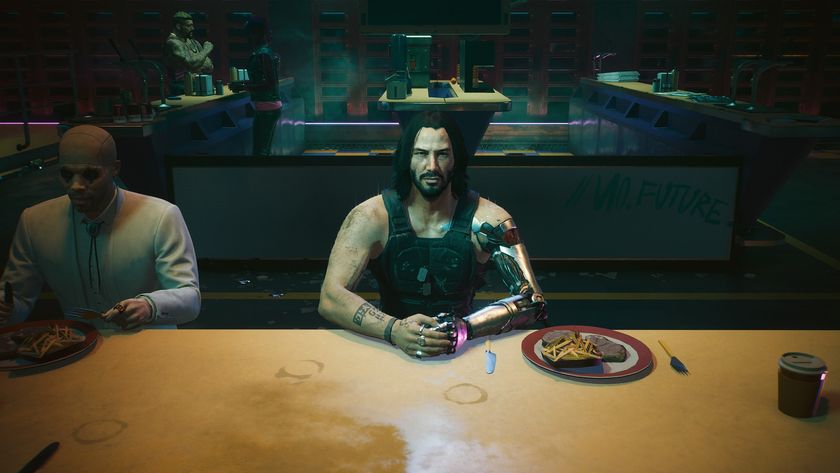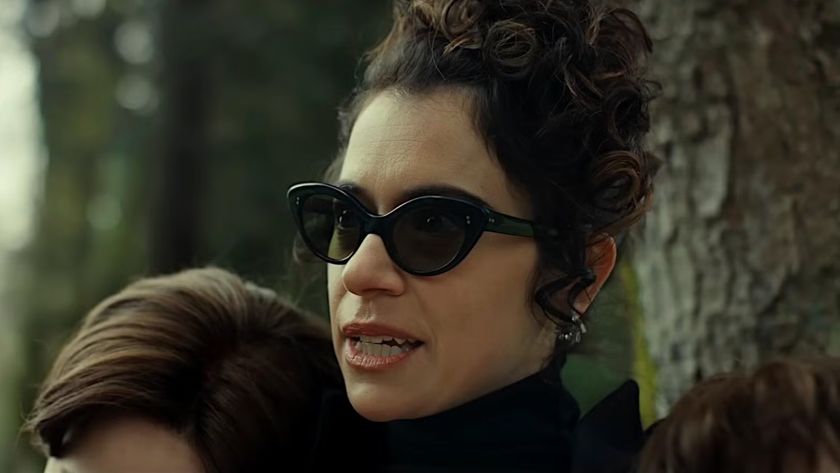Interview: Peter Molyneux opens up about Fable 2
Fable 2, videogame erotica, and why Americans love destroying the planet
We're really looking forward to a full play-through of Fable 2. Our experience with it so far suggests that after years of well-meaning hype and promises, Peter Molyneux may finally be about to deliver the undisputed classic he's always threatened. If the final game turns out to be as innovative, accessible and refreshingly different as we hope, it might well be a much-needed shot in the arm for an increasingly stale RPG scene.
We recently got the chance to talk to Molyneux about the game. Here's how the conversation went.
GamesRadar: The first thing that we noticed playing Fable 2 was the overall richness of texture and atmosphere of the game world. It's got a very individual feel.
Peter Molyneux: Someone said it to me today and it's really true; it's very European, and there aren't many games that I can think of that are set in a European world with a European ethos.
For us, it seems a bit familiar, but for a long time we've been playing through American or Japanese worlds, and I think that richness and sense of almost being on the fringes of being recognisable... I'm not saying it looks like London or looks like bits of Germany or Italy or whatever, what I am saying is that the art style - and certainly John McCormack and the artists spent a long time thinking about curving the style so that it didn't feel unfamiliar - you could have possibly lived there a few hundred years ago.
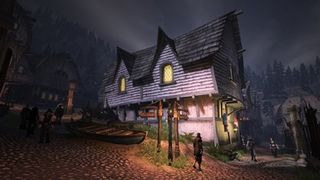
GR: It's right through the production design and even down to the voice acting. It's really nice hearing real English accents all the way through a game.
PM: Did you notice the guy from Gavin & Stacey?
Sign up to the 12DOVE Newsletter
Weekly digests, tales from the communities you love, and more
GR: The guy with the love letters near the beginning?
PM: Yeah. What I kept saying when we were casting that was that I wanted to have voices that people would recognise and say "I've heard that voice before". And he was on my shortlist for that.
GR: Would we be right in thinking we heard one of the League Of Gentlemen in there too?
PM: Yes, there are one or two in there. There's Stephen Fry later on in the game.
GR: Is a European sensibility something you wanted to make an active move towards? In the eighties and nineties there used to be a grand tradition of Britishness in games, especially through the sense of humour, but things are more homogenised these days.
PM: I'd like to take credit for that, but I'm not going to. A Fable world is just us. I think if you try to force a personality on a world then I think you're destined to fail. And the humour is our humour, especially Dean Carters's humour. He's a fantastically humourous individual. And I think that some of the humour you discover by yourself through the game is just fantastic. But it is very British. I worry about it for America.
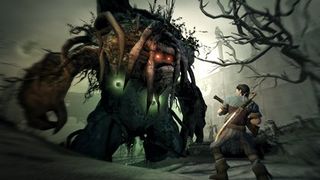
GR: Do you think we're going to see translation issues when it gets over there?
PM: I don't know, you see. The trouble is that Americans love destroying the whole planet. [laughs] You know, having a script about love letters, I don't know if they'll actually... They'll probably actually just try to slice his head off or something. But they liked the first game, and we intentionally put the accents in there to give you a flavour.
Later on in the game you go to - Oh god I've got to be careful here - you go to a port city - I won't spoil it by telling you the name of it, but we changed the accents and some of them are quite broad. It might be a bit risky.
GR: Have you noticed any major differences in the way people play through the game in the US?
PM: I've noticed some enormous changes in playing style. I could talk about the philosophy of this, because it's very interesting. This will blow your mind actually, because it's really true. When a society is really successful like America, throughout history there's been this trend for those societies to be obsessed about end of the world scenarios. You know, about meteorites and plagues and destroying things. And you can see that in the American fiction.
But when a society is downtrodden, they're much more obsessed about growth and things getting better and bigger. And you can see why, because when you're king of the hill the only way you can go is down. And that very much comes through in games. You know, if you look at a lot of the hit games from America, they are about end of the world scenarios. Just look at this Christmas. You've got games like Gears Of War 2 and last Christmas you had Halo, and now you've got Fallout, and they're all post-apocalyptic worlds that are about to be destroyed, and you're a single person who's got to save the world. And I think that's this common thread that America has. It just so happens that we're from downtrodden Great Britain, so we approach it completely differently. [laughs]
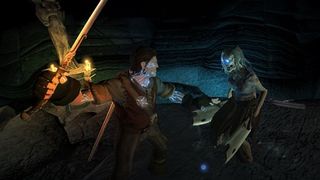
GR: With all of that in mind, do you feel any extra pressure about Fable 2 being one of the two big 360 games coming from Microsoft Game Studios this autumn?
PM: There's immense pressure. There's the pressure of spending so much money to make this game. There's the pressure that what I'm saying is "Judge me and my career on Fable 2".
Okay, I fucked some things up in Fable 1. I'm the first to raise my hands and say that. In Fable 1, the number of features was more important to me than what the features did. And as a games designer I've come to realise that it's not the number of features you have, it's the way that those features interact. I've learned a lot from Fable 2.
You know, our reputation within Microsoft is on the line. I think Lionhead's reputation with consumers is on the line. So the pressure's there. But I kind of like pressure. It's very much what drives me.
Most Popular






